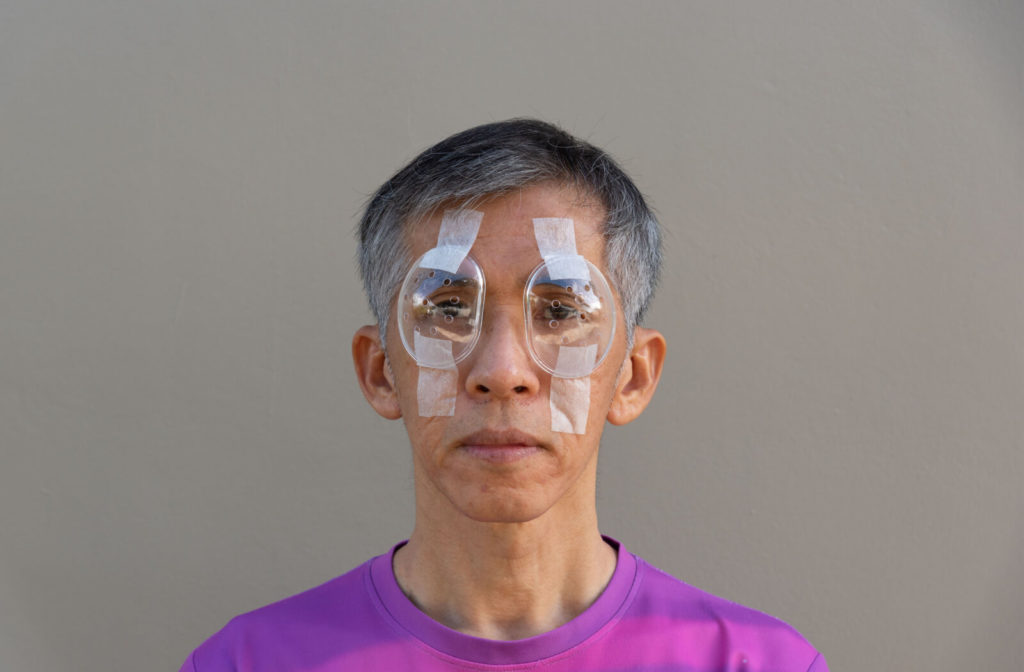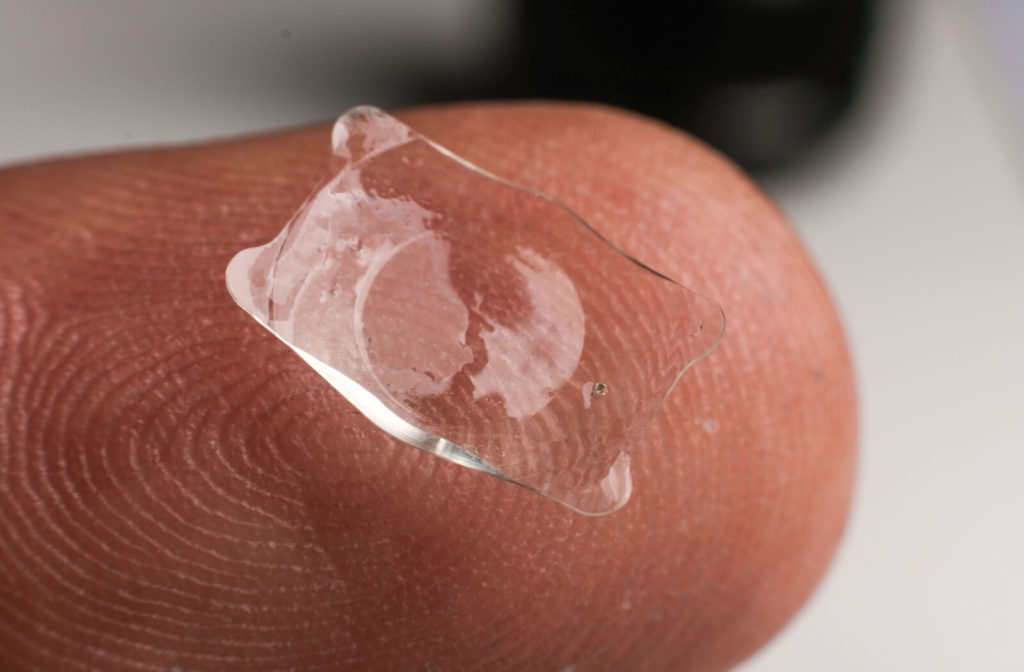Contact lenses are an excellent option for correcting your vision if you don’t want to wear glasses but for some, options that require less maintenance can be exciting. If you’re interested in exploring options beyond LASIK or PRK, an Implantable Collamer Lens (ICL) could be an alternative for you.
By the end of this article, you should better understand what ICLs are and whether they may be right for you. If permanent contact lenses sound appealing to you, consulting with your eye doctor can help you decide if they are the right choice.
Permanent Contact Lenses
The idea of a permanent contact lens may seem strange at first, but ICL— correctly known as an implantable collamer lens, which is also commonly known as implantable contact lenses or phakic intraocular lenses—is an effective alternative to other methods of refractive error correction.
These innovative lenses are made from a material called collamer, a blend of polymer and collagen. Its use in contact lenses was first approved in 2005 and has grown in popularity since.
ICL surgery is usually a relatively straightforward procedure. Typically, the surgeon begins by numbing your eye. Then they make a microscopic incision and insert the implantable collamer lens.
After the procedure, you may have several checkups with your eye care team to monitor the recovery process.
Advantages & Disadvantages of ICL
There are advantages and disadvantages to getting ICL surgery, as with most medical procedures. It’s worth mentioning that the advantages far outweigh the disadvantages for most people.
Reviewing your options with your eye doctor can help determine if this procedure is suitable for you. They can provide you with the information you need to make an informed decision about your eye health.

Advantages
Dry eyes are a common side effect of many different laser eye surgeries. Since ICL doesn’t typically disturb the corneal nerves, the chances of experiencing dry eyes during recovery are much lower. Additionally, recovery time can be quicker because tissue removal is not required.
ICL surgery is meant to be a permanent solution but if complications happen or your vision needs change as you age, it’s possible for ICL to be altered or reversed. For example, when you develop cataracts in your later years, the ICL can easily be removed and your eyes return to their normal state, allowing for accurate and efficacious cataract surgery. The ICL could also be removed and replaced in less common circumstances such as a change in refraction.
Perhaps one of the most significant benefits of ICL surgery is that people who aren’t candidates for other surgeries may still be eligible for it.
During LASIK surgery, some tissue is removed to reach the desired vision result, but this may not be an option for people with thin or weaker corneas. In a situation like this, you can discuss your eligibility for ICL surgery with your eye doctor.
Disadvantages
Like any other medical procedure, ICL surgery may pose some minor disadvantages. You can discuss any concerns with your eye doctor, as not every disadvantage will apply to every person.
Disadvantages of ICL surgery may include:
- Depending on vision needs, some people may require glasses occasionally afterwards. The type of ICL, refractive error, and prescription can all affect the procedure.
- ICL surgery is a safe and effective procedure. It’s still surgery, though. So, it’s important to follow all of your doctor’s aftercare instructions and follow up with them as recommended.
Ideal Candidate for ICL
Your eye doctor will ultimately determine whether you’re a candidate for ICL surgery. Several criteria they may consider include:
- Age: 21–45 is the ideal age for this surgery. Being older or younger doesn’t automatically disqualify you, but it is an indicator of your eligibility.
- Underlying medical conditions: Chronic diseases that cause hormone fluctuations may hinder your eligibility for this procedure. Additionally, conditions that inhibit your body’s natural healing ability may be a barrier.
- Medications: If you’re taking any medications that can affect or change your vision, your eye doctor may take this into consideration.
- A stable refraction for at least 1-2 years
Discuss Permanent Contact Lenses (ICL) With Your Eye Doctor
Just because you have a refractive error doesn’t mean you should have to deal with glasses or traditional contact lenses. There are enough options out there that everyone’s vision needs can be met.
Talk to us today about booking an appointment. The professional staff at Vector Eye Centre are happy to answer your questions or book you for a convenient time.



